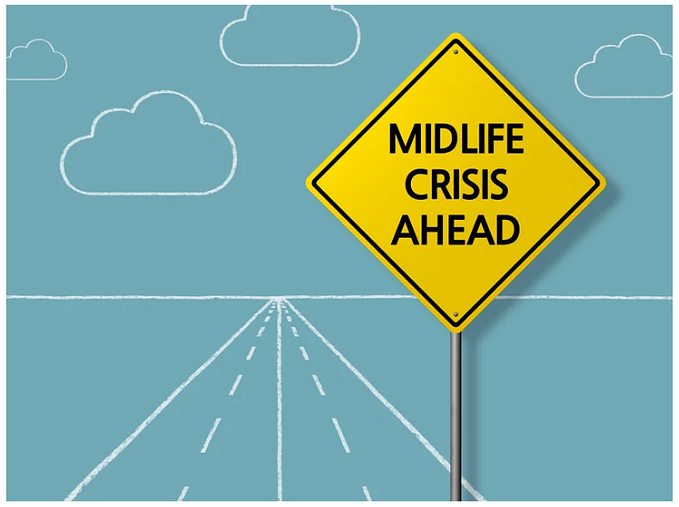Member-only story
How to Find a Culturally Responsive Therapist
Therapy can help people of color cope with the stress of racism and microaggressions, but only if it’s done right

 In high school, I went to see a psychiatrist to discuss options for treating my depression, anxiety, and inability to concentrate. I was nervous about going alone, but my parents assured me I had nothing to worry about.
In high school, I went to see a psychiatrist to discuss options for treating my depression, anxiety, and inability to concentrate. I was nervous about going alone, but my parents assured me I had nothing to worry about.
I arrived at the small, private practice early and waited in a nondescript reception area — and waited, and waited. The doctor called patient after patient to come back to his office, but he never called me, despite the fact that I had an appointment. Maybe he saw a black teenager sitting in his waiting room and assumed I couldn’t possibly be his patient. Or maybe he just didn’t see me even when I was the only person there. I was too embarrassed to ask what was going on, so eventually, I just got up and left.
To this day, I still can’t quite wrap my head around what happened. That’s exactly what’s so insidiously slippery about microaggressions — you’re never 100% sure they actually occurred. I held it together until I got home and my dad asked me how it went. Then, I burst into tears. My father was furious — and he does not get furious — and called the psychiatrist. I remember hearing him yell, “You didn’t see her? You didn’t see her??!!”
I had experienced my first therapist who wasn’t culturally competent.
Why does culturally competent therapy matter?
I never went to that office again but, unlike many people who share my racial and ethnic background, I did return to therapy. My family did not associate therapy with a negative stigma, though many black and Latinx people do, for a couple reasons: One, the notion that “therapy is for white people” is perpetuated through mass media and cultural stereotypes. And two, institutional racism within the health care system present significant barriers to mental health care for many people of color.
But another problem may be therapists themselves. In the United States, the overwhelming majority of psychologists and psychiatrists are white, meaning a person of color looking for mental health care is likely to find it with…






